- The cold weather impact on EVs and EV charging in the US is significant.
- Here’s what you can do to make charging easier in extreme weather.
- Take advantage of your vehicle’s battery preconditioning feature.
As the cold weather sweeps across parts of the USA, many electric vehicle (EV) owners are concerned about the cold weather impact on EVs, particularly how freezing temperatures affect their ability to charge and maintain a charge. Cold weather doesn’t render an EV useless, but there have been plenty of reports of conditions below 0°F impacting a car’s ability to charge and then maintain that charge.
ADVERTISEMENT
This week, Tesla drivers in Chicago were impacted by the cold and faced long lines at Supercharger stations where charging sessions were taking much longer than expected with one driver telling CBS News Chicago that a charge that should’ve taken 45 minutes was taking two hours.
The Arctic temperatures don’t feel like they’re going to let up anytime soon and with winters getting more severe, many drivers are wondering if an EV is the right choice for them. The good news is that while the cold does affect how electric cars charge and how far they can travel on 100% battery, they’re still useable when it cold hits.
How Does Cold Weather Impact on EVs?
For any EV driver, it’s worth understanding how your particular model of car fares in the cold and what that can do to your range. Not all EVs are created equal in this respect because the age of the vehicle, battery type, and even the software in the car can all dictate how the vehicle will respond to the cold.
ADVERTISEMENT
Here’s how below-freezing temperatures affect an EV battery:
- Reduced capacity – Low temperatures can cause the electrolyte fluid inside the battery to thicken, which reduces ion mobility and a decrease in capacity.
- Slower charging times – Freezing temperatures slow down the electrochemical reactions within the battery, leading to a slower rate of charge.
- Battery management software – This software is designed to keep an EV’s battery operating as efficiently and safely as possible, meaning it may take steps to protect the battery from permanent damage by limiting charging
The main things you’ll notice are reduced range and slower charging times. Even if your EV insists you can still get 300 miles from a full charge, you might see that figure drop abnormally quickly.
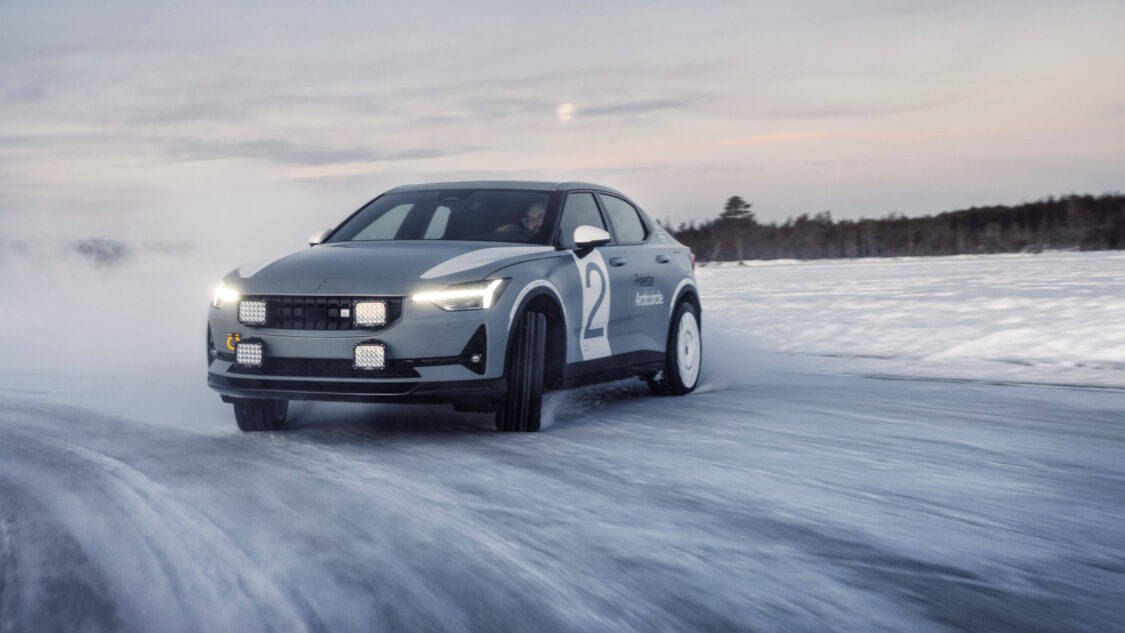
For most cars, you might notice a drop of about 20% of your total range when temperatures hit around 32°F with a reduction of around 40% at 22°F. However, some vehicles are better in the cold than others. Take the Polestar 2, for example, which is used to the winters of Sweden and boasts about its cold-weather credentials with special Arctic driving events.
The car will also warn you when the battery temperature falls to critically low levels but it has other features to make cold-weather driving more comfortable too. Some Polestar models feature a heat pump to transfer warmth from the powertrain and battery to the cabin, which can help extend your range as you won’t be relying as much on climate control to keep you warm despite the cold weather impact on EVs. The result is an uplift of only a few percent but every little helps when 80% of the US is experiencing a mid-January blast of freezing temperatures.
ADVERTISEMENT
Battery Type Matters in EVs: Undstanding the Cold Weather Impact
Most EVs use lithium-ion batteries but there are other options out there too, including lithium-iron-phosphate (LFP) batteries. These can be found in some standard-range Teslas, and Ford plans to use them in its Mustang Mach-E. While LFP batteries have some advantages over lithium-ion batteries – they’re cheaper to manufacture, for one – a big downside is that they don’t perform as well in cold weather.
So if you’re wondering why your brand new vehicle is struggling in the freezing temperatures, it could be that you have an LFP battery that just doesn’t fair as well under those conditions. And if you live in a colder climate and are considering a new EV, lithium-ion might be the way to go.
Cold Weather Affects Chargers Too
Much of the discussion around EVs and the cold weather is about range and different ways you can maximize your mileage when it’s cold out. However, the cold affects chargers in multiple ways too.
Matt Teske, Founder and CEO of Chargeway, explains: “Cold weather can affect EV charging hardware, such as the liquid-cooled cables that regulate the temperature of fast chargers. These may also require time to warm up in cold weather, impacting the wait time for a charging session.”
Due to reduced range, you might be looking to charge more often, but give yourself more time to get charged up than you might otherwise, just to be on the safe side. Another option is to look for alternative places to charge. High-powered chargers might be your usual choice but could you find a parking garage with slower chargers at your destination?
ADVERTISEMENT
Chargers in covered parking lots will be less affected by the cold weather, but you could also look for rapid chargers on your usual route that are in a more sheltered area and less likely to be compromised by freezing wind and snow.
“Peak demand on the grid can potentially impact a public fast charger,” Teske adds. “Depending on electricity demand a fast charger may have reduced power when extreme weather events occur.”
The quality of the charger you use also makes a difference in mitigating the cold weather impact on EVs. If you live in a cold climate and are looking for a home charger, look for a UL-certified model that’s appropriate for the temperatures you experience at home.
“For fast charging,” adds Teske, “some charging hardware manufacturers are performing better than others in extreme cold. My personal opinion is that the more a charger has on it that can break, the more opportunity there is for the charger to have issues in the cold. For example, if a fast charger has a screen, buttons for selecting charging options, or a credit card reader, these are things that can be impacted by extreme temperatures.”
Charging Your Car in Cold Weather: Tips and Guidelines
Yes, the freezing temperatures we’re experiencing right now will affect charging infrastructure, but that doesn’t mean you’ll be without a car until the weather warms up. Here are some tips for navigating the extreme cold when it comes to charging your car.
- Keep your car plugged in at home, even when you don’t need to charge – this helps to regulate the battery temperature.
- Park in a garage where possible – If you have a garage at home, keep your car inside (on charge if possible) during the cold weather.
- Proper planning – If you can’t keep your car warm or plugged in, plan ahead to ensure your battery doesn’t go below 20% and then sit in the cold.
- Use preconditioning – If your car has the preconditioning feature, make sure to use it when it’s cold. This will help warm the battery to make charging easier.
- Give yourself enough time – Because your car will charge more slowly in cold weather, give yourself plenty of time to get to your destination, taking in the fact that the road conditions will likely be less than ideal too.
ADVERTISEMENT
It’s not always possible to avoid driving in poor weather but by taking these steps with your EV, you can ensure you maintain your battery’s state of health while getting where you need to go. For many people, regularly charging and remembering to precondition your battery can be a bit of a learning curve, especially if you’ve recently come from a gasoline-powered vehicle.
Teske shares this final piece of advice: “If you aren’t personally warm and toasty when you step outside in the cold, your battery won’t be warm and toasty. A warm battery makes all the difference in cold weather charging and you can achieve this through preconditioning or simply by driving the vehicle. It’s when a battery sits idle in the cold that you need to be mindful of how it will impact your charging performance.”
As technology advances, it’s anticipated that the difficulties EVs and chargers face in extreme cold will continue to be addressed with new technology. While drivers need to take some steps to maximize their range and improve charging times in the cold, how these vehicles fare is only going to improve.
ADVERTISEMENT

FEATURED IMAGE: Ingrid Maasik/Shutterstock.com
FTC: We use income-earning auto affiliate links. Learn more.


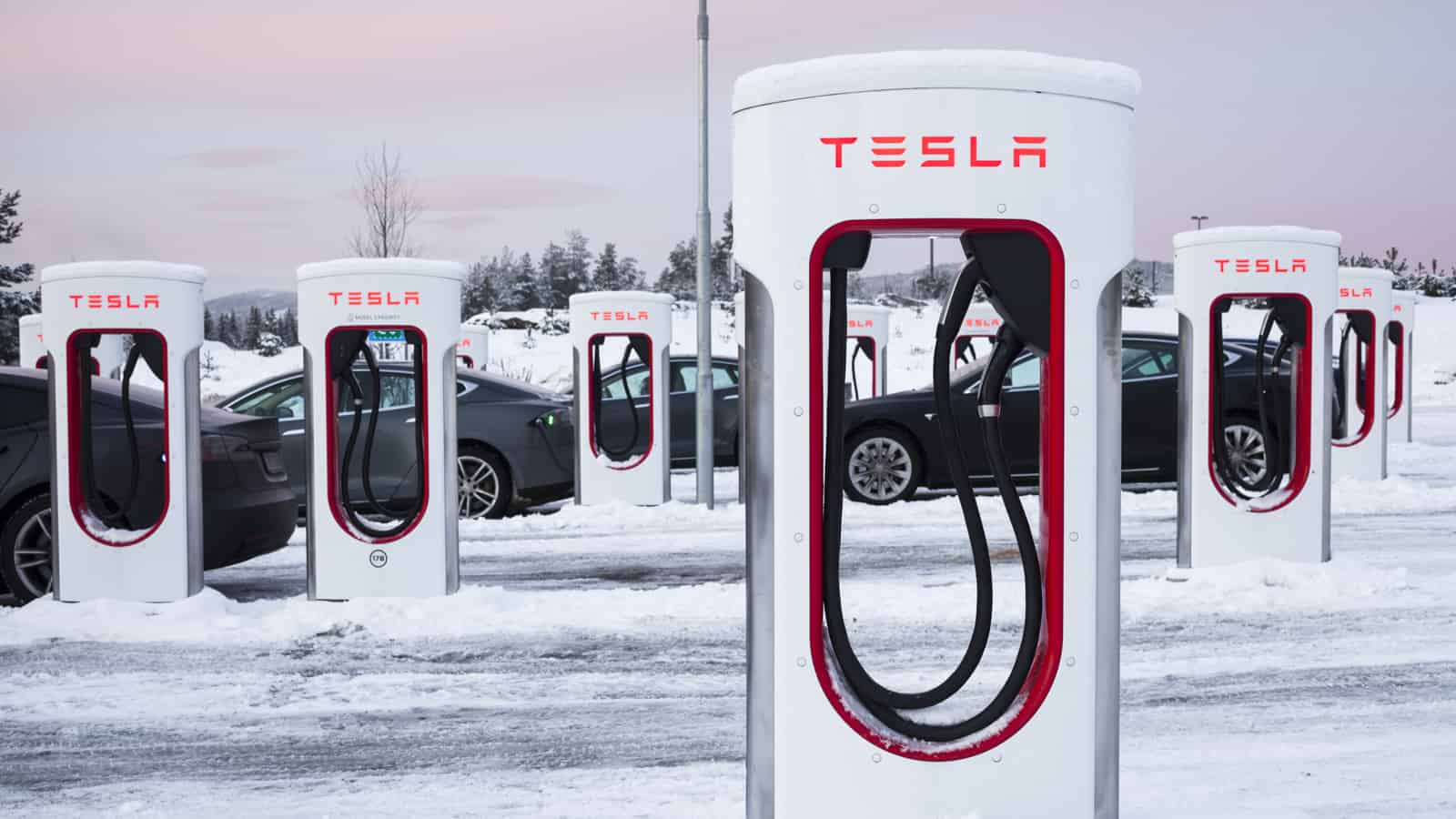


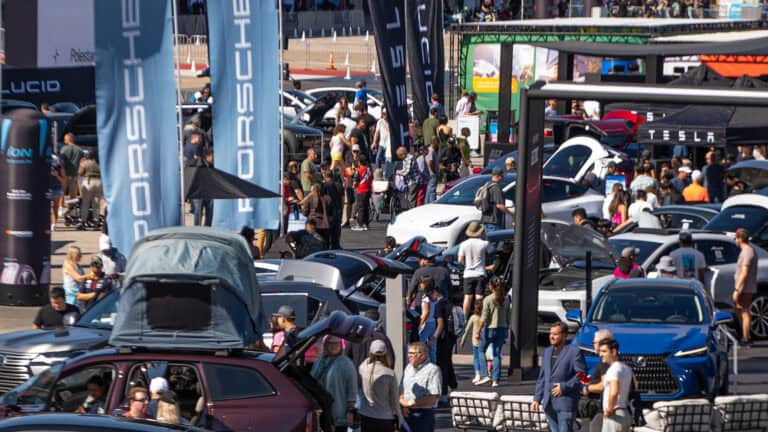
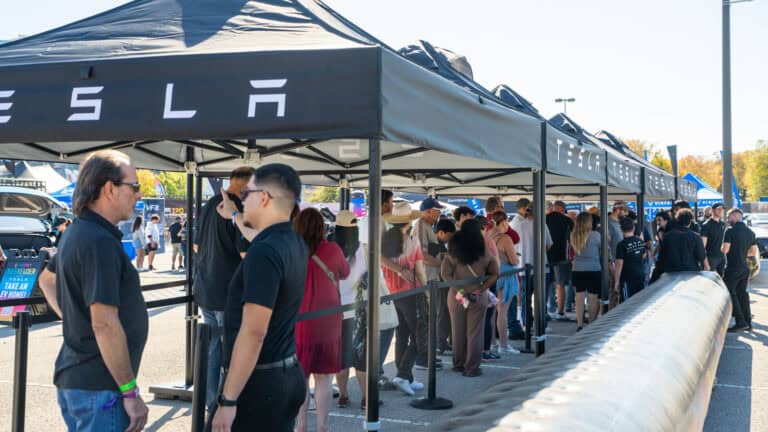
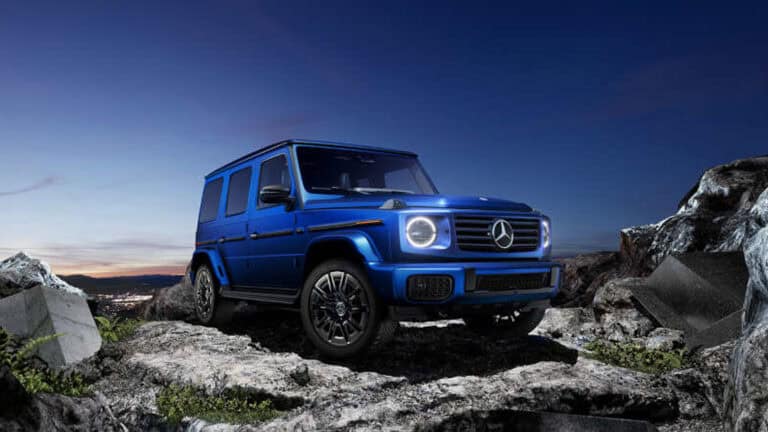
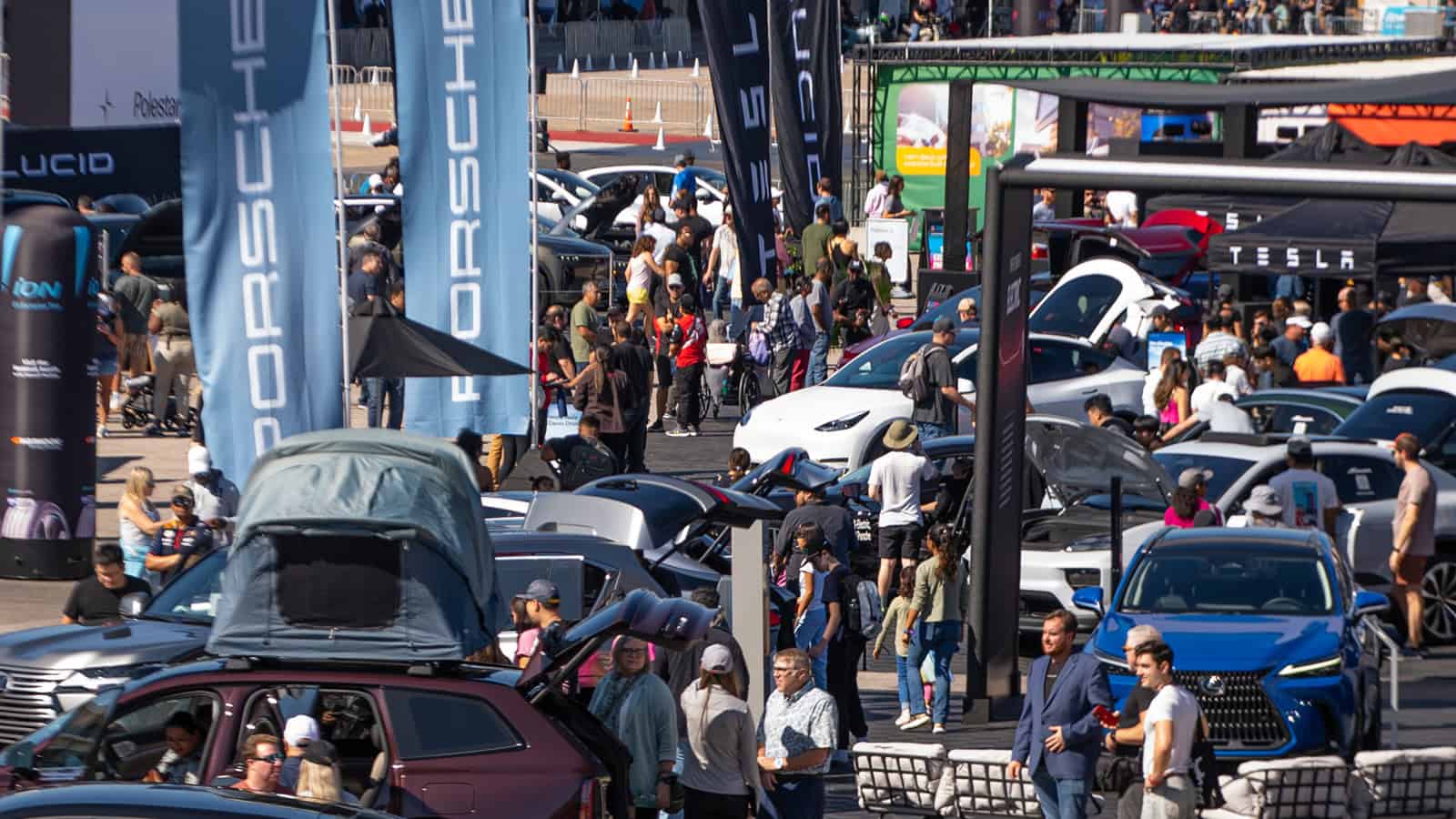
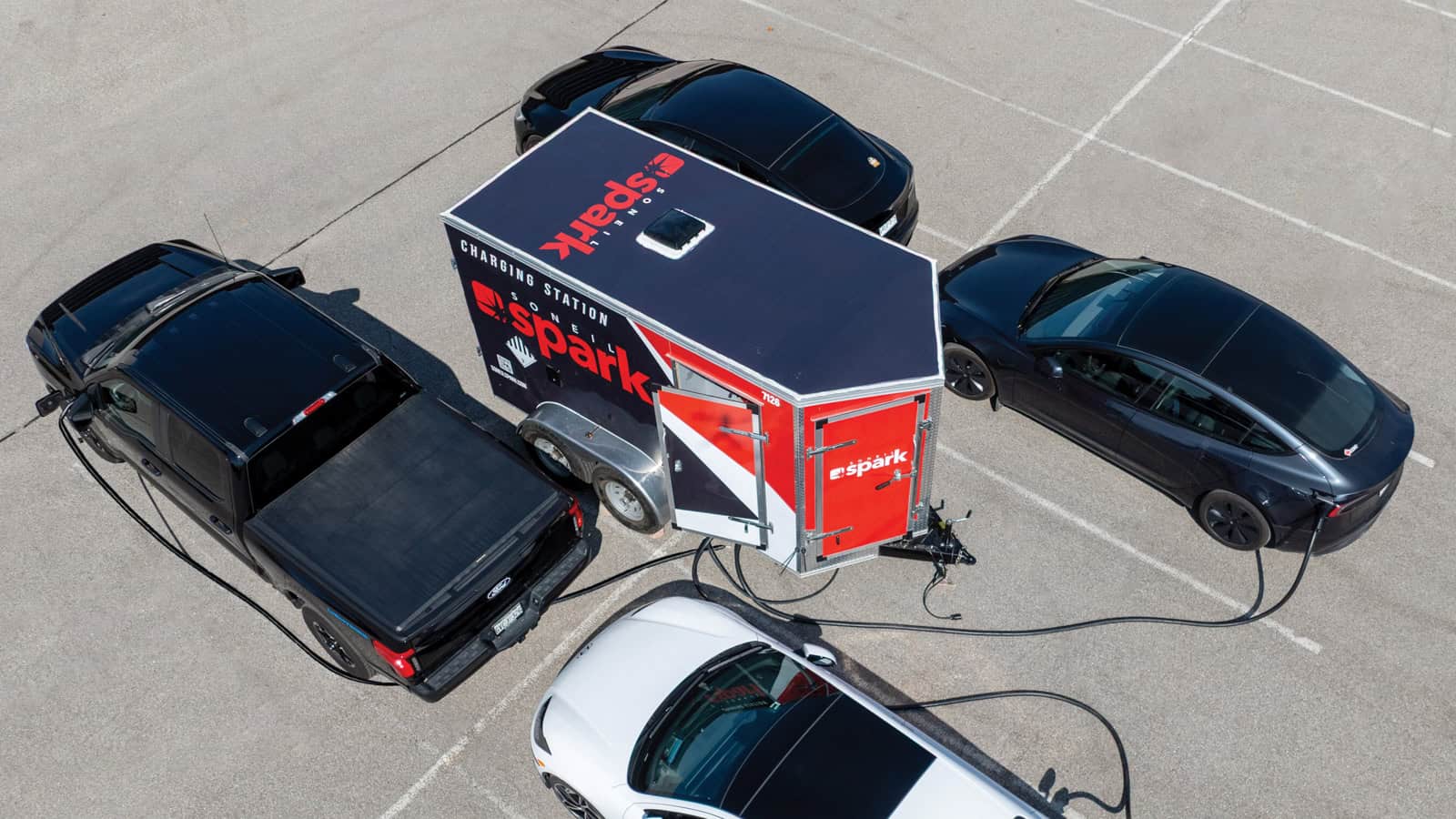


3 Responses
I booked a drive in my friend’s EV. Temperture was 20 below zero. The car stopped ans we got very cold. We had to call ataxia a Gasoline one!
I think, that you are not right.